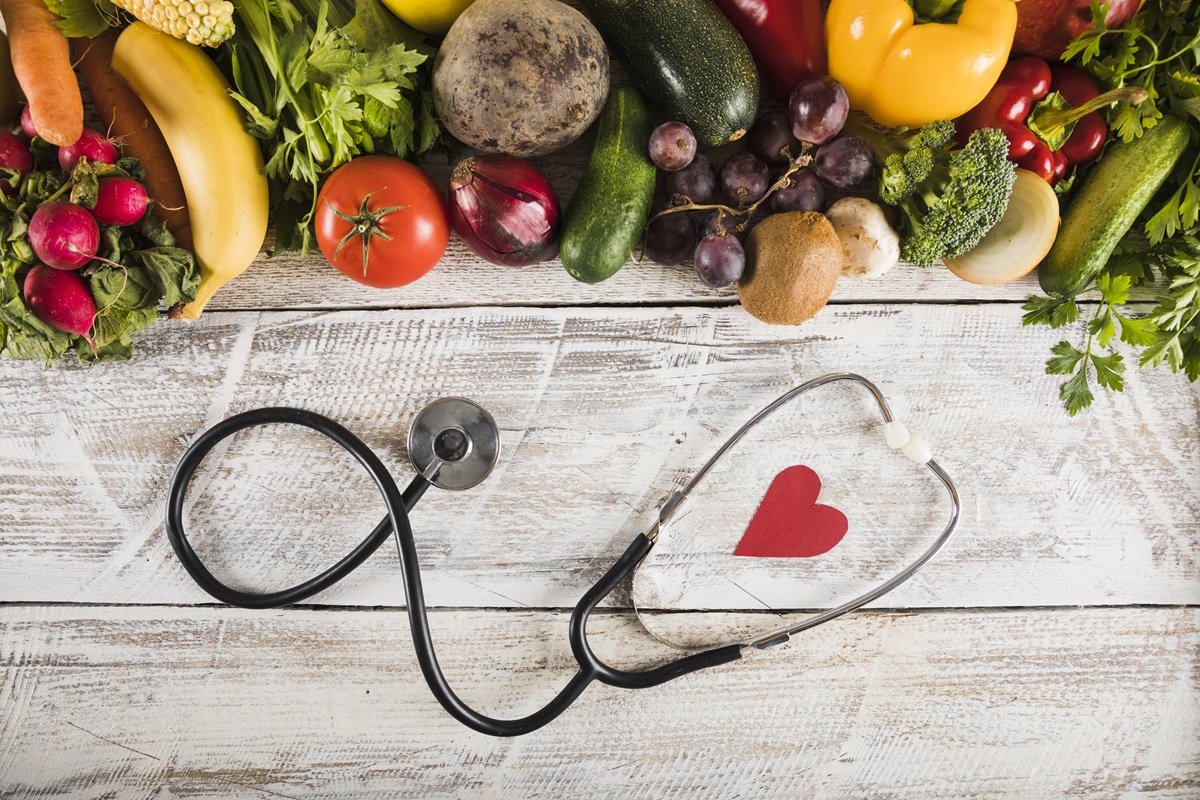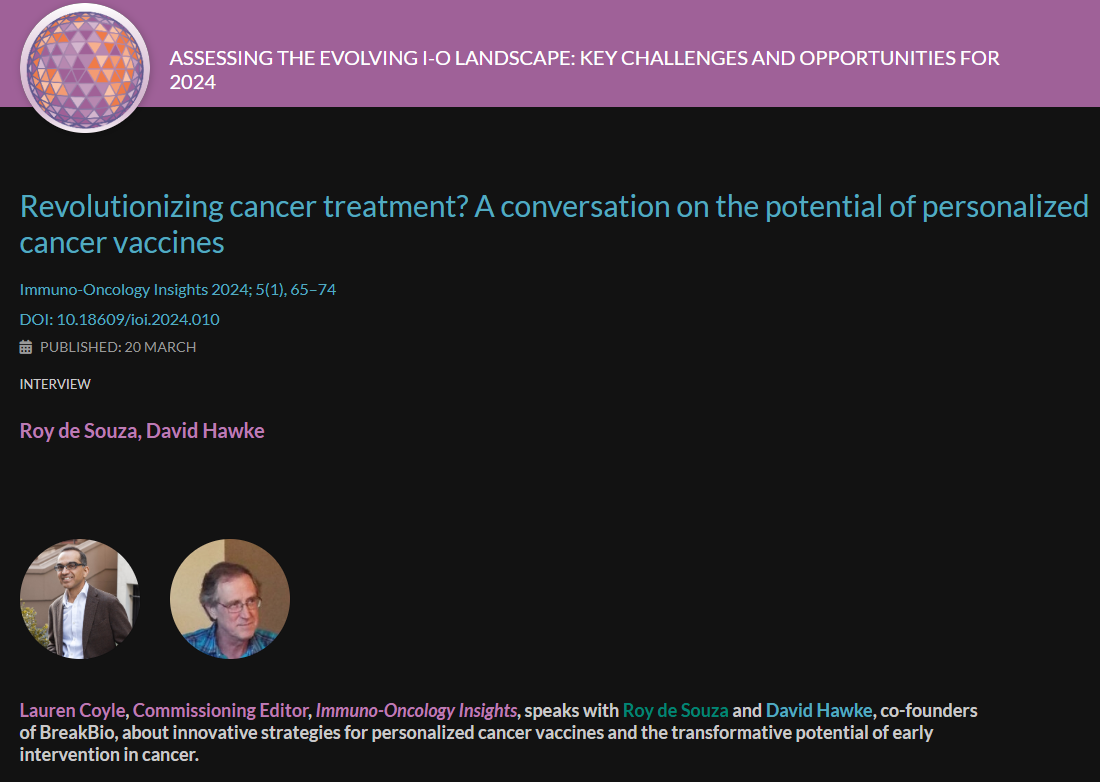The Gut Truth: Unraveling the Diet-Colon Cancer Connection
Colon cancer rates are on the rise, particularly among younger individuals. The American Cancer Society estimates that in 2024, there will be 152,810 new cases of colorectal cancer in the United States.
While various factors contribute to this alarming trend, recent research has shed light on the significant role that diet plays in gut health and cancer risk. Understanding the connection between what we eat and our colon health is crucial for making informed decisions about our well-being.
The Sugary Culprit
One of the primary culprits in the diet-colon cancer connection is sugary drinks, especially fruit juices. Dr. Lew Cantley's groundbreaking work has revealed that the body mistakes liquid sugar for water, allowing it to transit quickly through the digestive tract without proper digestion and absorption.
When this sugar reaches the colon, designed to absorb water, not sugar, it can lead to various health issues. It's important to note that the impact of liquid sugar differs from that of solid sugar in cakes or cookies.
The Processed Meat Problem
Processed meats like sausages, hamburgers, and bacon likely increase colon cancer risk. The WHO classifies processed meat as a carcinogen and fresh meat as a suspected carcinogen.
A review published in Nature Reviews Microbiology, which compared and contrasted 176 past scientific studies, the Western diet, high in processed foods, reduces gut bacteria diversity and increases Bacteroides species linked to obesity. The chemicals used in processing and preservation are likely the main issue, contributing to the higher risk associated with processed meats.
Microbiome Matters
The gut microbiome, the complex ecosystem of bacteria in our digestive tract, plays a vital role in colon health. Several factors can disrupt the delicate balance of gut bacteria, including:
Beneficial bacteria actively promote a healthy gut environment:
Maintaining a diverse and thriving microbiome is essential for reducing the risk of colon cancer.
The Fiber Fix
A high-fiber diet offers numerous health benefits, including a reduced risk of colon cancer, type-2 diabetes, and inflammation. It protects against these conditions by altering the composition of the gut microbiome.
Consuming high-fiber plant matter led to a "substantial increase" in beneficial bacteria, such as Lactobacillus and Bifidobacterium, which produce compounds like short-chain fatty acids that reduce inflammation. Incorporating fiber-rich foods into our daily meals supports a healthy microbiome and improves digestive health.
Plant Power
Plant-based diets have gained popularity in recent years, and for good reason. A study shows that men who consumed the most plant-based foods experienced a 22% lower risk of colon cancer compared to those who ate the least.
Various plant foods contain polyphenols, which are compounds that actively promote the growth of beneficial gut bacteria. We can support a healthy colon by incorporating a wide variety of fruits, vegetables, legumes, and whole grains into our daily meals, effectively harnessing the power of plants.
Western Diet Woes
The Western diet, characterized by processed foods, refined sugars, and unhealthy fats, has been linked to various health issues, including an increased risk of colon cancer. A notable example is Japan's shift to this dietary pattern in the 1980s, which coincided with a rise in colorectal cancer rates.
This diet typically reduces gut bacterial diversity and promotes an overabundance of Bacteroides, a bacterial species associated with obesity. It also fosters inflammation in the digestive tract, creating an environment conducive to cancerous cell growth. Moreover, the Western diet often lacks the essential fiber and nutrients necessary for maintaining a healthy gut microbiome.
However, it's important to note that the term "Western diet" is somewhat ambiguous. The primary culprits may be specific elements such as sugary drinks (sodas and fruit juices) and processed meats (factory-produced burgers and sausages). These could be the key components to avoid, rather than the entire spectrum of foods typically associated with Western cuisine.
Embracing a Gut-Friendly Diet for Colon Health
Your diet significantly impacts your risk of developing colon cancer. Cut back on sugary drinks and processed meats and instead embrace a fiber-rich, plant-based diet that nourishes beneficial gut bacteria. Making informed dietary choices is critical to maintaining a healthy colon.
Researchers are dedicating $25 million to investigate the alarming increase in colon cancer cases among young people, but you can take proactive steps now. Prioritize your gut health through mindful eating habits. Adopt a gut-friendly diet to promote digestive well-being and potentially lower your risk of colon cancer.






